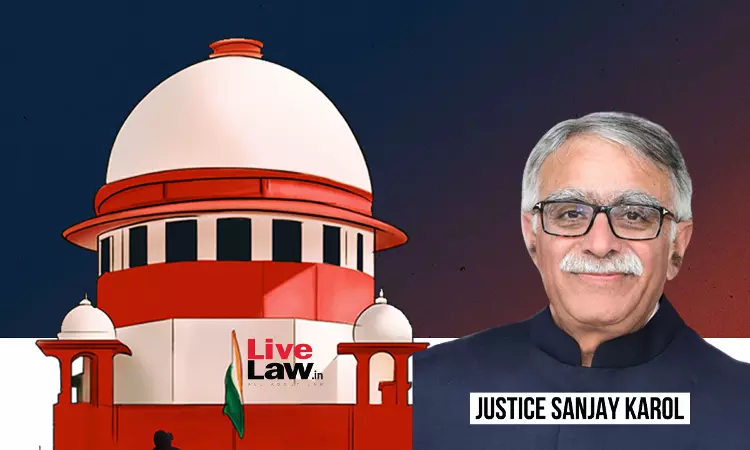Spotlight On Recent Appointments To Supreme Court - Justice Sanjay Karol
V Venkatesan
4 March 2023 11:10 AM IST

Next Story
4 March 2023 11:10 AM IST
A general criticism of the Indian Courts has been that very little is known to the public about the judges being recommended by respective Collegium before their appointment, on merit and suitability. A designated Secretariat ideally should do the job, unfortunately we don’t have such a mechanism. Livelaw has taken an initiative to share relevant information about the appointees and we...
